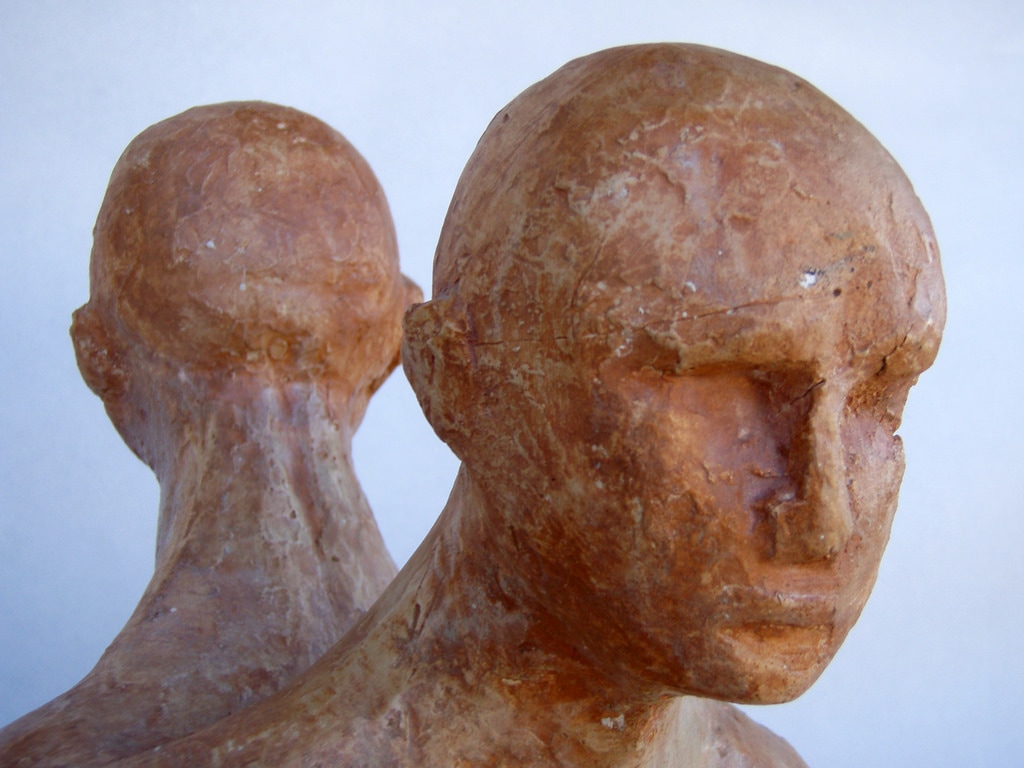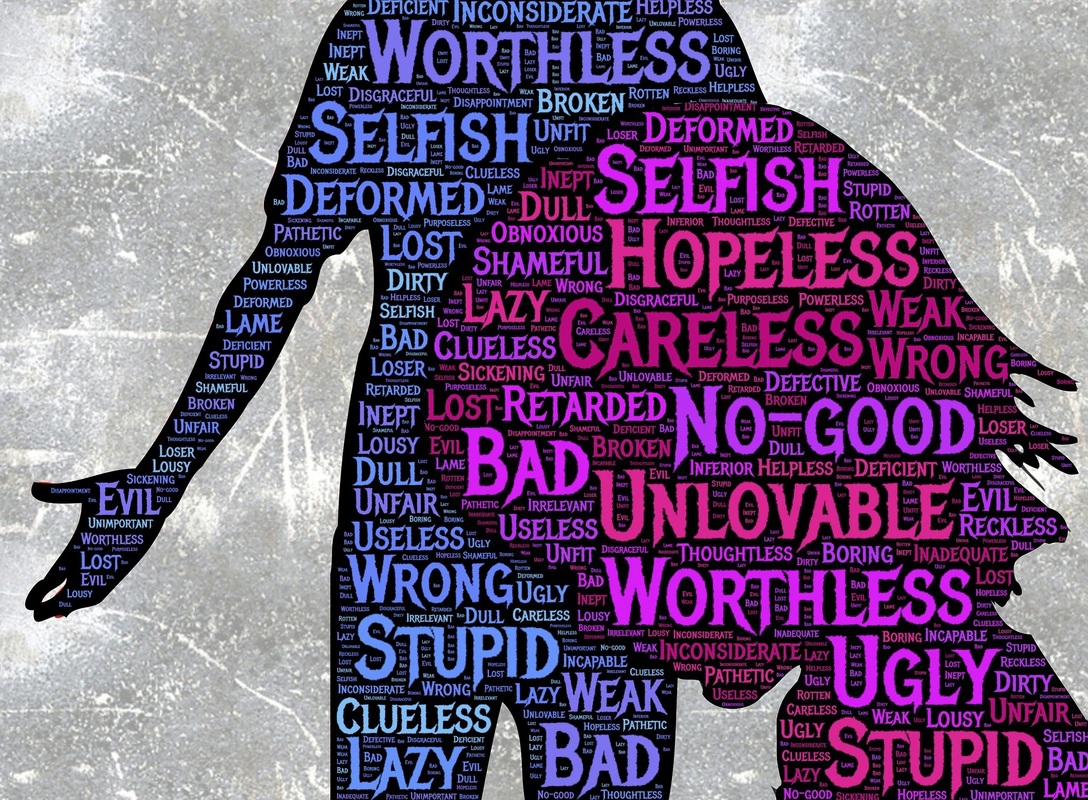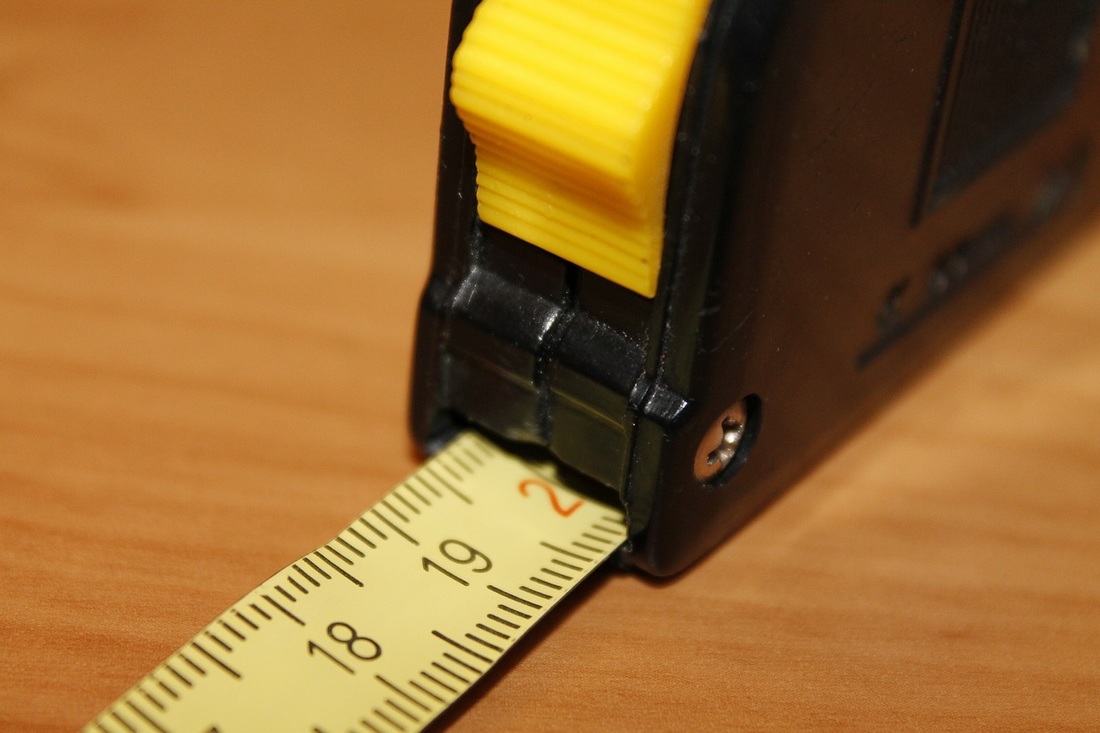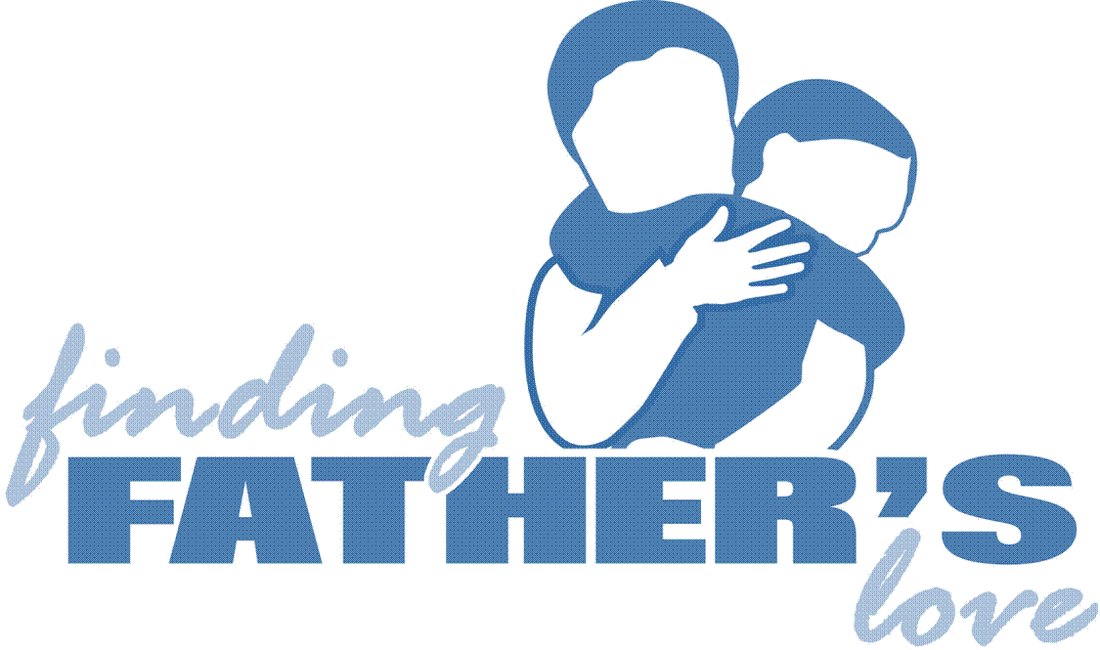One day a prisoner at a penitentiary asked a Catholic nun who served as the prison chaplain to buy a Mother’s Day card for him to send to him mother. She did and, as the prisoner walked back to his cell with the card, the other prisoners asked where he got it. Soon there was a long line of prisoners outside the nun’s office, waiting to ask her to buy a card for them to send to their moms.
The chaplain called Hallmark Cards and explained what had happened. Hallmark agreed to send three cases of discontinued Mother’s Day cards to the prison. Every card in those three boxes was mailed out of that prison with an appreciative inmate’s signature.
Noticing that Father’s Day was approaching the nun contacted Hallmark once again to ask if they would be so generous as to send some Father’s Day cards as well. Again, Hallmark shipped three cases of cards to the prison. All three boxes remain unopened. Not one prisoner thought enough of his dad to send him a card that cost him nothing.
The effects of father wounds are far-reaching. We often don't connect the dots that the issues we struggle with in our personal lives, in our marriages, and in our society can often be traced to strained, abusive, or non-existent relationships we have or had with our fathers.
Here are some of the more common childhood wounds that continue to fester in our adult lives if we don't get help:
- Low sense of self-worth. It is very typical for children of fatherless homes, no matter what their age, to base their self-worth on the opinions of others. When a father is not involved offering support and encouragement in their kids’ lives the interpretation often is, “I must not matter.”
- Feelings of inferiority. Children can’t help but feel lower on the totem pole than friends who have fathers who are actively involved in their lives. They often believe, most times erroneously, that is all of their friends. Therefore, no one is lower than them.
- Taking on blame. Children cannot process data like adults. A child’s logic simply says, “Dad left. It’s my fault.”
- Belief that you are unlovable or that something is wrong with you. This is a part of taking on blame. Children tend to personalize abandonment and reason that if only they were “better” their fathers wouldn’t have left them.
- Lack of desire to achieve. A child can soon realize that even being perfect won’t bring their dad back so they tell themselves, “why try?” Abandoned boys especially can exhibit a lack of competitiveness and passion.
- Little self-discipline. This is commonly referred to as “acting out.” Children release aggressive impulses to relieve emotional tension.
- Inability to share feelings. There are three rules children impose on themselves to help them survive life in a dysfunctional environment—don’t talk, don’t trust, and don’t feel. These rules serve to protect them from feeling pain they would much rather avoid.
Ask yourself how these childhood characteristics might continue to play out in your adult life. The truth is we don't simply outgrow these destructive traits. We must find healing from our childhood wounds or they will seep into our adult relationships. You need not let them fester. Find a counselor. A pastor. A support group. There are plenty of safe places you can go where you can learn how to talk, to trust, and to feel. Healing can be found. Find it. You owe it to the people you love. You owe it to yourself.










 RSS Feed
RSS Feed